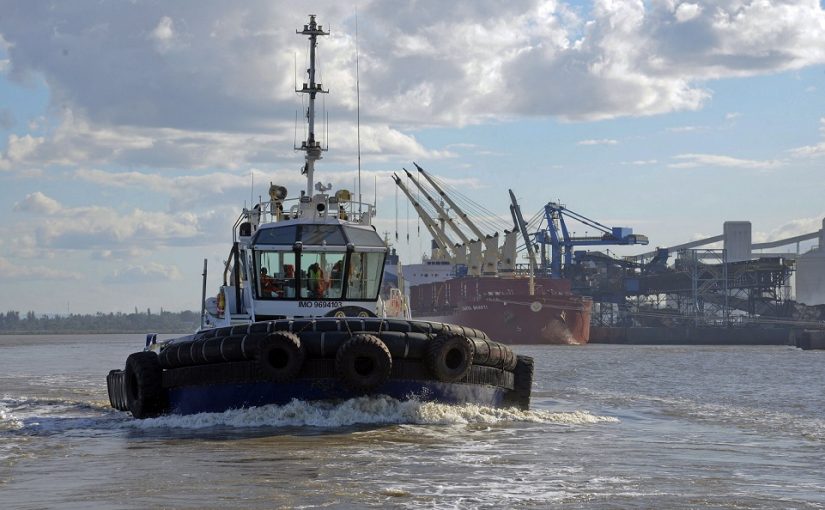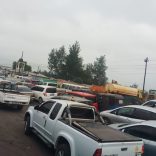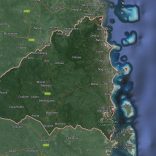Mozambique: At least 18 'Naparamas' killed by terrorists in Chiúre district - AIM report
Mozambique: Opinions differ in Maputo on agreement with creditors

File photo: Lusa
A former Mozambican civil war soldier who is now a cobbler on Maputo’s main avenues is aware of one of the most debated topics in the country, the case of hidden state debts, and says he favours their payment.
“I give top marks to the idea,” Bernardo Sadariano tells Lusa, while while he patches a sandal and leaning against the wall of the Maputo Commercial Institute.
A member of the Mozambique Defence Armed Forces (FADM) from 1986 to the demobilisation in 1994, Bernardo takes the risk of invasion by sea seriously – ivasion by sea risk being the apparent reason behind the formation of the maritime security public company Proindicus, one of those involved in the US$2 billion undeclared debt scandal representing 16% of gross domestic product.
Except that an audit carried out in 2017 showed that neither the company nor the two other companies that received the money (Ematum and MAM) ever did what they were meant to do.
“It was a good thing, but the transaction did not go the way the paperwork proceedings demanded,” says the soldier-turned-cobbler.
The fate of the money remains to be determined, but the creditors want it back and the Mozambican government announced on November 6th that it had reached an agreement to pay part of them using revenue from natural gas from 2022 on.
Fernando Buacala, a lawyer with whom Lusa crossed another street in Maputo, understands that the payment must be made because it is a commitment that the country has assumed.
“In the name of solvency, which the country does not currently have, [the agreement] is a good idea. But the [amortisation] period is too long,” he says, adding that the legality or not of the act does not stop a debt from being paid.
Angelo Muchanga, a student, believes that an agreement is necessary for the country to regain credibility before its international partners, and if the gas revenues serve to “remedy certain necessities,” this may be one of them.
João Mata calls himself a spiritual guide and, although he agrees with the payment of the debt, he believes that the gas revenues should rather be used to solve problems of the Mozambican population.
“When one makes a loan and I pawn my assets, my children will suffer,” he says. “This idea of going to the gas does not seem to me a good one, because there was no agreement with the opposition and civil society.”
Simão João, a security guard at one of the banks of the square, goes further and asks that those responsible for the debt be found.
“They should look for these people” instead of burdening the public accounts, he says. “Mozambicans do not even know how the debt came about.” He is in no doubt: gas revenue should be used for other projects.
Lúcia Macuácua, an auditor, also argues that each individual should bear his responsibilities, that is, “Who borrowed, should pay. If used improperly, must pay”.
Alda Langa, a teacher at the Maputo Commercial Institute, says it does not make sense for Mozambicans to pay for something they have never seen. “But.. We are we going to say that we are paying… For what?” she asks.
Standing next to us, housewife Lita Zita concludes that the debt is already being paid, and by everyone, in the form of the high cost of living in recent years.













Leave a Reply
Be the First to Comment!
You must be logged in to post a comment.
You must be logged in to post a comment.